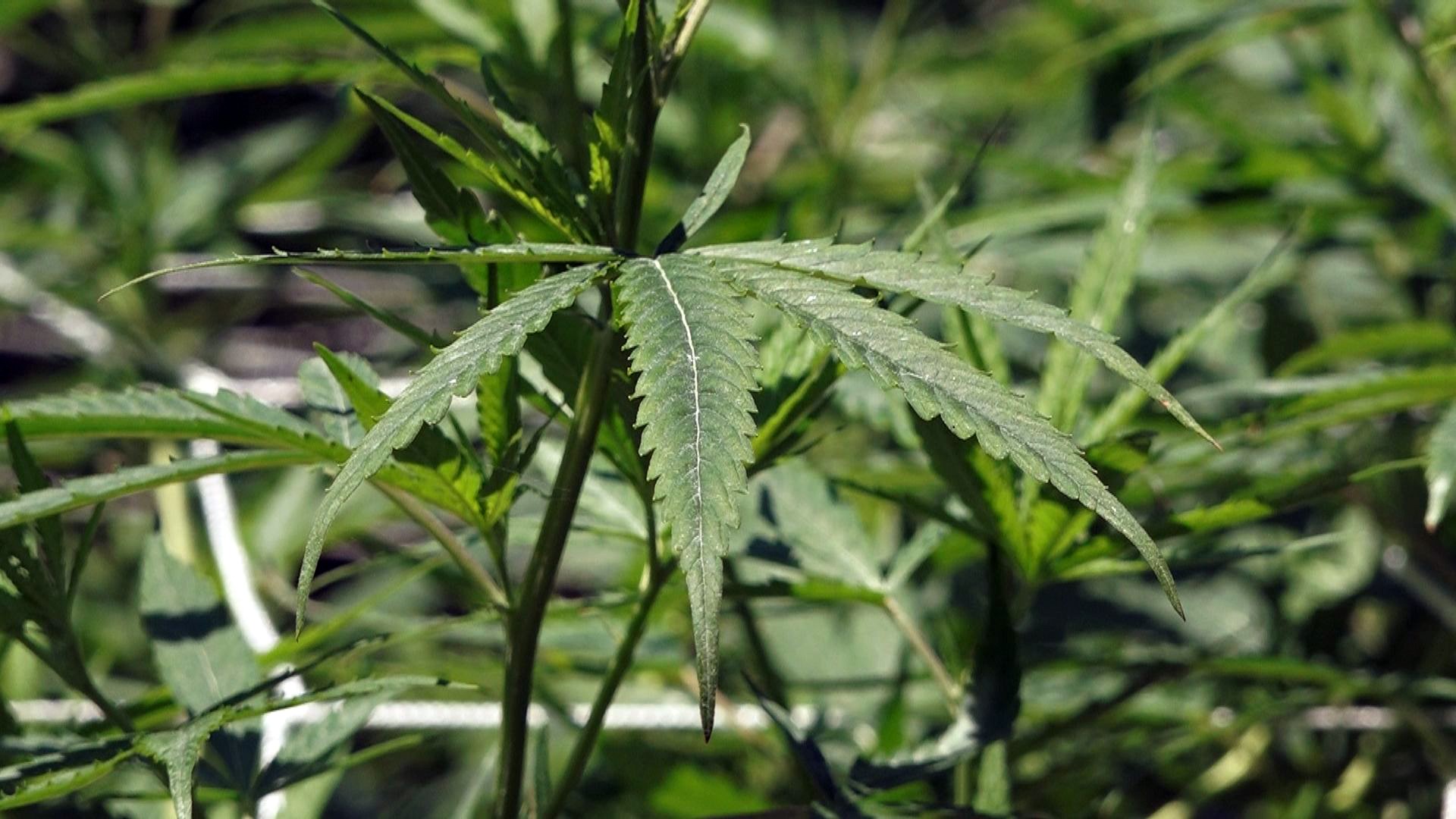MARYVILLE, Tenn. — In the last few years, Tennessee has become fertile ground for industrial hemp production. New rules that went into effect Monday could cause even more growth.
The state began issuing licenses as part of a pilot program in 2015. In 2017, the state issued licenses to 79 farmers. That figure nearly tripled to 226 licenses in 2018. In 2019, the state has issued 2,900 licenses for farmers to grow industrial hemp.
The Tennessee Department of Agriculture (TDA) says since the federal government took hemp off the controlled substances list in the 2018 farm bill, it wants to change how it treats hemp to be more in line with other crops.
"If a farmer is looking to grow hemp on their farm, if they're looking to diversify their farm with this new product, this new crop, we want to give them the opportunity to do that," said Will Freeman, TDA spokesperson.
The new rules for Tennessee's hemp program change several things:
- No more application deadlines for hemp growers. The application period for a license is now open year-round.
- Hemp processors are no longer required to register through TDA. Previously, one license was required to grow hemp and a separate license was needed to process it for products such as CBD oil and other applications.
- The hemp program will no longer issue licenses for certified seed breeders. However, anyone manufacturing, distributing, or labeling seed should be licensed through TDA’s Ag Inputs section.
- Growers will still need movement permits when transporting rooted plants and are now required to be permitted when moving harvested hemp from their growing site.
Although the new rules invite even more competition, existing hemp producer Ryan Rush is excited by the rule changes.
"The more light we get to bring on [industrial hemp], the more attention we get to bring on it, and the faster the industry gets to expand. And the faster that rural American and urban America get to have hemp brought back into our daily lives. So, I see it as a positive," said Rush, owner of Rush Hemp Farms in Maryville.
Rush partly credits education for the surge in interest in growing industrial hemp. He says most people now understand growing hemp is not the same as growing marijuana.
"It means this is becoming more socially accepted and more agriculturally accepted," said Rush. "If we can get some of these old barns rolling and get some of these farms going again, it can have some real economic change for [farmers]."
While CBD is the main driver of the surge in industrial hemp production, Rush hopes increasing grower licenses and eliminating processing licenses will stimulate greater variety of hemp growers.
"Of course, I love CBD and that aspect of hemp production and processing. But this plant has so many other different uses. This is something you can make for fibers, clothes, plastics, and so many applications," said Rush.
For industrial hemp processors, exclusion from Tennessee's Hemp Program does not mean it is completely void of license requirements. Any processor who is making a product that will be consumed by people must get the same types of licenses required of other food manufacturing facilities.

